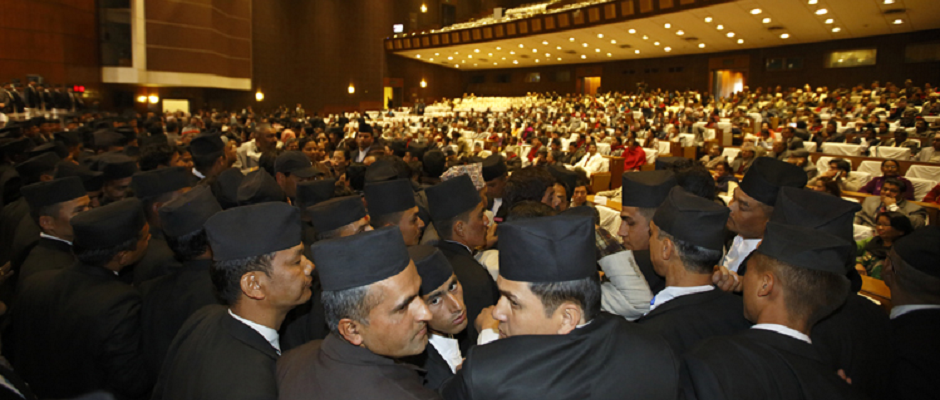
Nepal’s school education system, one of the most decentralised sectors, involves various institutions at the local level. The current mode of decentralisation allows school stakeholders to spend state funds as specified and transferred by the centre while they may use local resources at their own discretion. Although the percentage of education budget has gradually decreased in recent years, the amount is increasing in real terms. Meanwhile, it is reported to be one of the most corrupt sectors in the annual reports of the Commission for the Investigation of Abuse of Authority (CIAA) and Office of the Auditor General (OAG). Consequently, this state of affairs seriously undermines students’ right to education as envisaged in the constitution that every citizen is entitled to free and compulsory education at the basic level (from grade one to eight).
As a result of the decentralisation initiative in the past decade, the role of local stakeholders—the Head Teacher (HT), School Management Committee (SMC), and Parents Teacher Association (PTA)—has become vital in terms of managing state funds disbursed to schools. To maintain checks and balances, schools should undergo social and financial auditing every year by a social auditing committee formed in the chairmanship of PTA and a District Education Office (DEO) appointed auditor. However, the lack of democratic decision-making process, flexible policy provision and trained human resource often results in the misuse of public finance in schools. It is necessary for the local stakeholders to overcome these bottlenecks in dealing with public funds in the best interest of citizens as transparently as possible.
Budhathoki is a researcher at Martin Chautari, a non-profit organisation based in Kathmandu



